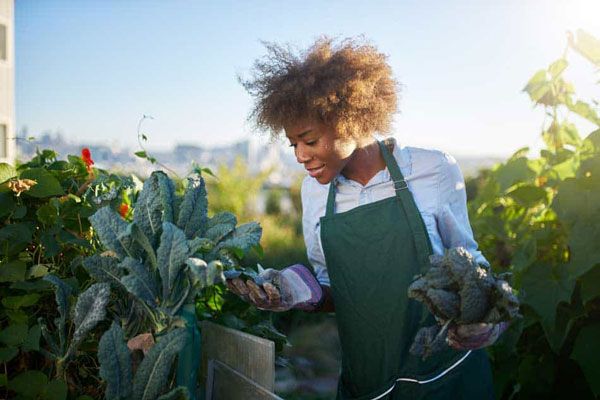Prime
Eating to reduce breast cancer risk

What you need to know:
- There is no food or diet that can prevent or cause breast cancer, but a person’s dietary choices can make a difference to their risk of developing breast cancer or their overall well-being while living with the condition.
Cervical cancer has been the leading cause of death among Ugandan women but according to Prof Moses Galukande, an oncologist, breast cancer mortality will soon surpass that of cervical cancer. Many of the cancers may not have a known cause but some are usually lifestyle-related and although a change in lifestyle may not necessarily prevent cancer, it can reduce your risk of catching it.
Many times, some people think that cancer affects older people but more young women in their reproductive age have been reported to have breast cancer and the numbers keep increasing. Although it may be hard to prevent the cancer, it is advisable to avoid toxins that may come in the food we eat or the personal care products we use daily.
Avoid sugars
Dr Noleb Mugisha, an oncologist at Uganda Cancer Institute, says many of us do not realise that simple things such as how much sugar we consume can determine whether we win or lose the battle against cancer. “It is important to know that sugar is food for cancer. The more sweet things you eat, the more susceptible you are to getting cancer,” he says.
There are, however, healthy sweet foods such as fruits and these can be eaten any time instead of sweetened foods and other sugary beverages. Honey is healthy too because its sugar exists naturally.
It is, therefore, important that you reduce the consumption of sweetened drinks such as soda, and refined carbohydrates such as pastries, cakes and biscuits, among others.
Eat organic foods
Many of the foods we eat are unsafe and increase our risk of catching many non-communicable diseases. Increased industrialisation and agricultural chemical use has led to the contamination of air, soil, and water with toxins and as a result, the foods we eat.
Amanda Twebaze, a nutritionist, says a variety of foods on the market now contain pesticide residue. However, we can limit our exposure to such chemicals by being careful while buying groceries. If possible, Amanda says, grow some of your own vegetables.
“There are some foods that may not require pesticide use. Such foods are recommended if you want to avoid toxins from pesticides that, in the long run, can cause cancer. Also, remember to always wash your fruits, vegetables and other foods thoroughly before eating or cooking them,” she says.
Reduce red meat
A large and daily intake of red meat is said to increase your risk of catching breast cancer. Therefore, if you have reached menopause and have close relatives who have suffered from breast cancer, it is advisable that you reduce your intake of red meat and instead replace it with poultry and other white meats.
Other factors that will help you on your journey of keeping diseases, including cancer at bay include reducing your alcohol consumption, maintaining a healthy weight, and engaging in regular physical activity.
Dietary fibre
According to medicalnewstoday.com, several studies have suggested that dietary fibre can help protect against breast cancer. Excess estrogen can be a factor in the development and spread of some types of breast cancer.
Some treatments aim to keep estrogen from interacting with breast cancer cells.
Eating a high fibre diet can support this process and accelerate the elimination of estrogen.




